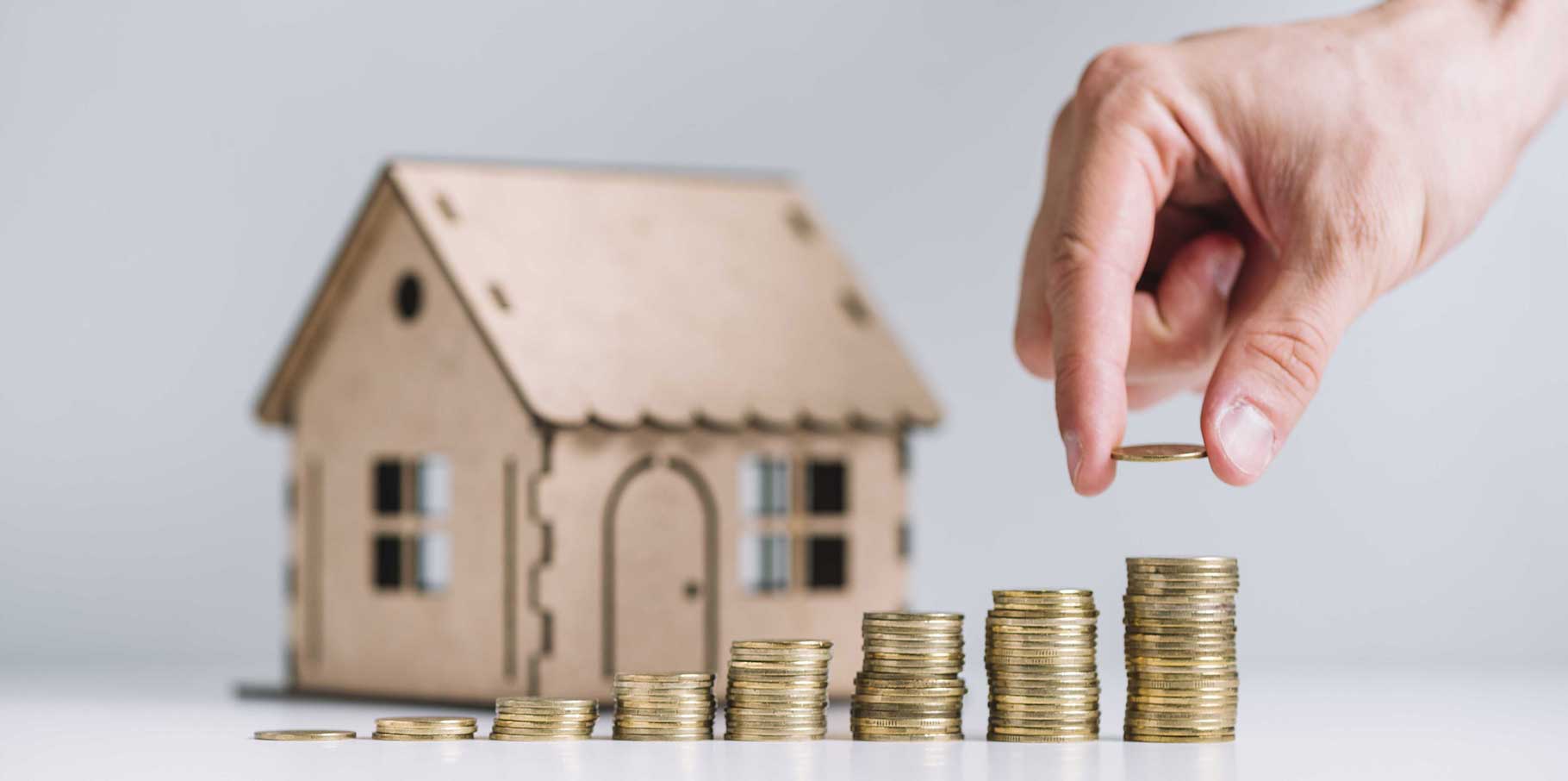
Spend more time at home but less on your utility bill
May 02, 2020
Today, we better understand the advantages and disadvantages of working from home. Unfortunately a rising utility bill is one of them. As many South Africans find themselves out of work due to the national lockdown, money is tight and many find themselves struggling to make it to pay day. Coupled with South Africa facing a water and energy crisis, sustainable solutions are needed and EDGE makes it faster, easier and more affordable than ever before to build and certify green homes. An EDGE certified SMARTHOME has been designed and built to help you save water and electricity.
From how they use electricity and water through to the building materials used in construction, with an EGDE certified home you can be sure that your home will save you energy and water, leaving a smaller environmental footprint.
All EDGE certified homes in South Africa are certified by the Green Building Council South Africa (GBCSA) and this globally recognised certification is a guarantee that the home has been designed and built in a way that gives owners or occupants the opportunity to save money by helping them reduce their water and electricity usage. But it’s not just about saving money these homes are also environmentally friendly, meaning you’re not just saving your pocket but the planet too.
Convert to solar energy
Solar energy is an investment, so work out how much you’ll spend on electricity for the length of time you’ll say on your property. Then compare that number to the price of solar systems. You’ll probably reach parity within 5 to 10 years. Start with a solar geyser as heating washing water is often half your electricity bill. If you’ve a conventional geyser keep it snug by covering it. And, while you’re up in the roof, fit insulation to keep your house cooler in summer and warmer in winter.
Unplug
On and plugged in, our chargers, laptops and other devices keep drawing power. Don’t just close your laptop after work but switch it off. You can use even less power by working with your laptop unplugged as most are set up to use less energy unplugged since retaining battery life is especially important.
Don’t overload plugs
Powerstrips help to efficiently distribute energy to appliances and also stops them from using electricity unnecessarily. And do turn off all power strips before bed.
Optimise your kitchen appliances
Gas stoves use less power than electric ones, for obvious reasons. When boiling a kettle of water, remember to only boil the amount you need (keep an urn next to the kettle to store unused hot water). Similarly always use a pot lid and cook food cut into small portions to reduce cooking time.
A cold laundry wash is much more efficient and often cleans as effectively as a warm wash. If you are washing for bed bugs or if you or someone in your home is ill, then research whether the hot wash setting is more beneficial.
And, air-dry your washed clothes.
Lighting
Outside lights can easily turn on when they’re needed with a sensor, which saves burning them all night long.
If you’ve not swapped to energy saving LED lightbulbs, a useful way to do that is simply to only buy energy-efficient light bulbs from now on. They often have a longer lifespan and use exponentially less electricity.
A key part of being wise with light bulbs is remembering to turn them off, when you leave the room and certainly before bed. Along with switching on your power strips in the morning, pull back the curtains and blinds and let sunlight brighten your home. You can amplify the light by placing mirrors around the house and putting workspaces near windows.
Use less water
Make your pool use less water by covering it, fixing leaks, and continuing with a regular care routine
to prevent additional maintenance like filtering and backwashing.
In the garden, water deeply but less often as this encourages roots to grow deep down and not sideways. Deeper soil stays cool and moist which helps roots drink better. When watering, water directly around the roots early in the morning. Do this especially effectively by watering into a hollow 3cm – 5cm plastic pipe around trees and large shrubs. Otherwise perforate the bottom of several 2l plastic bottles and bury these around the root zone – pour water directly into the bottles to encourage plants to develop a deep root system.






